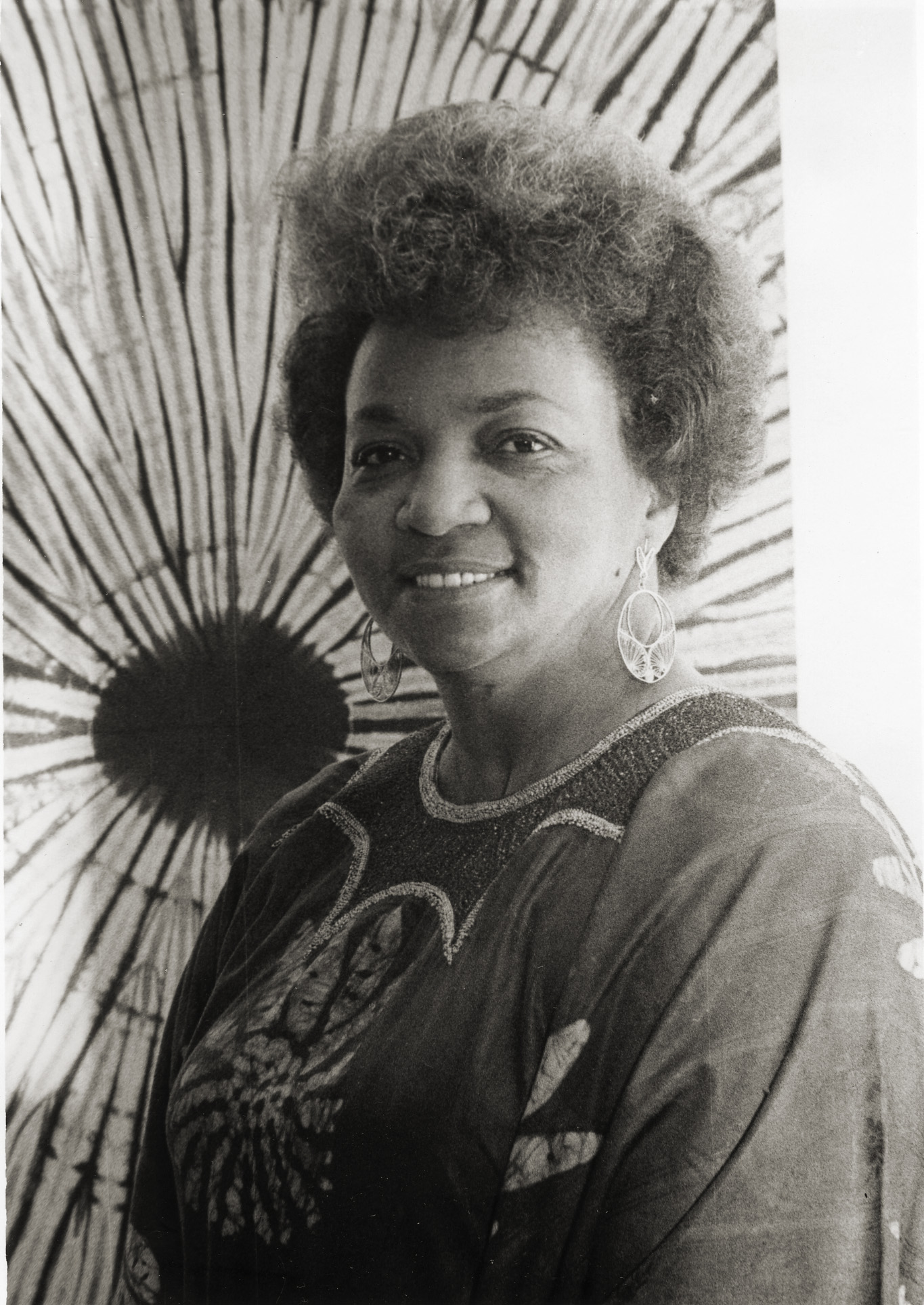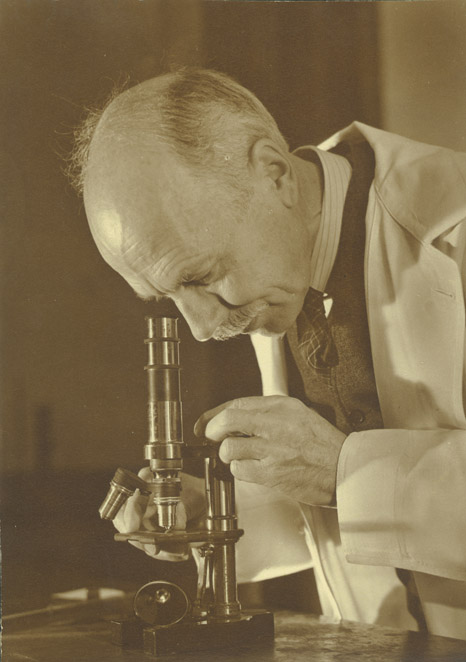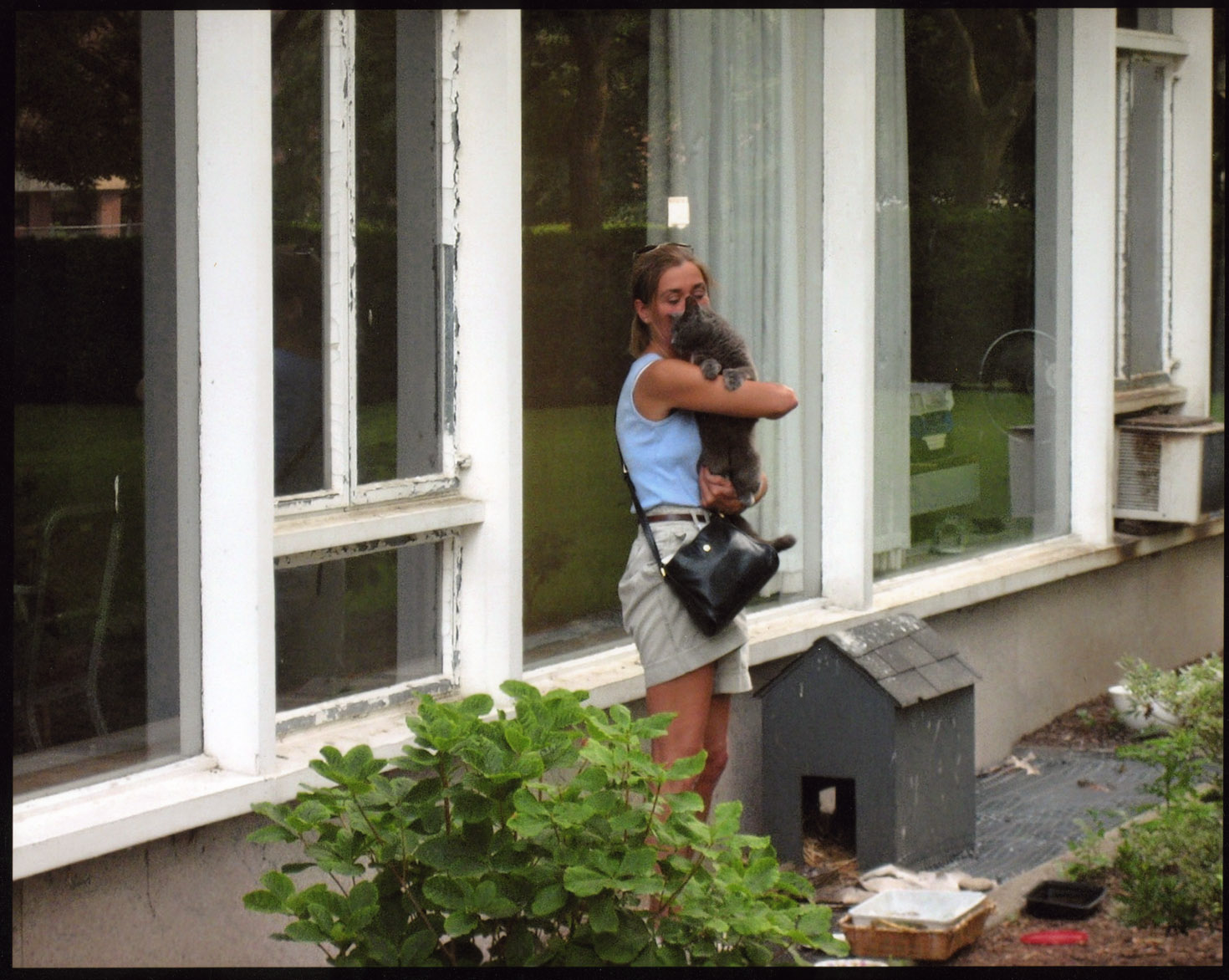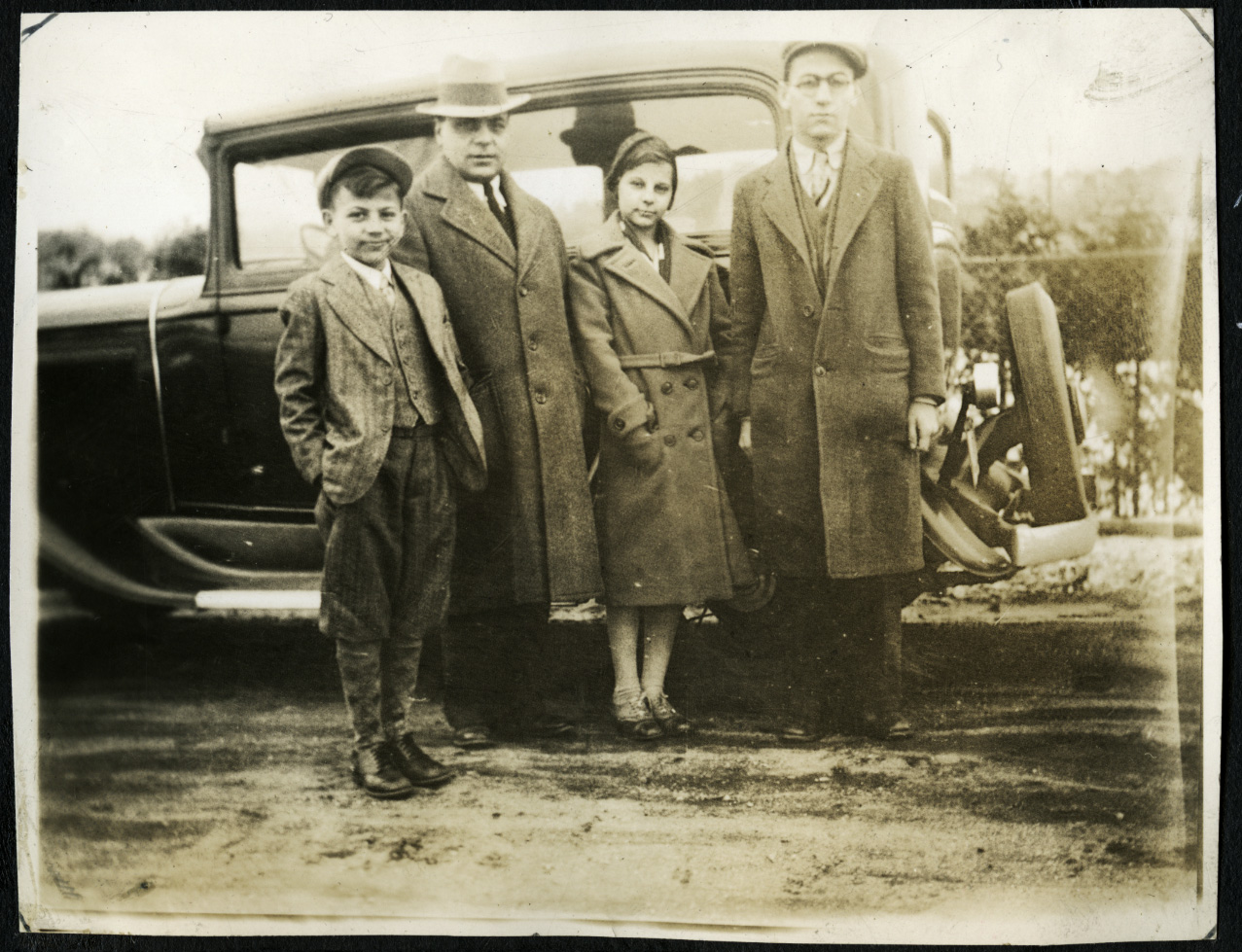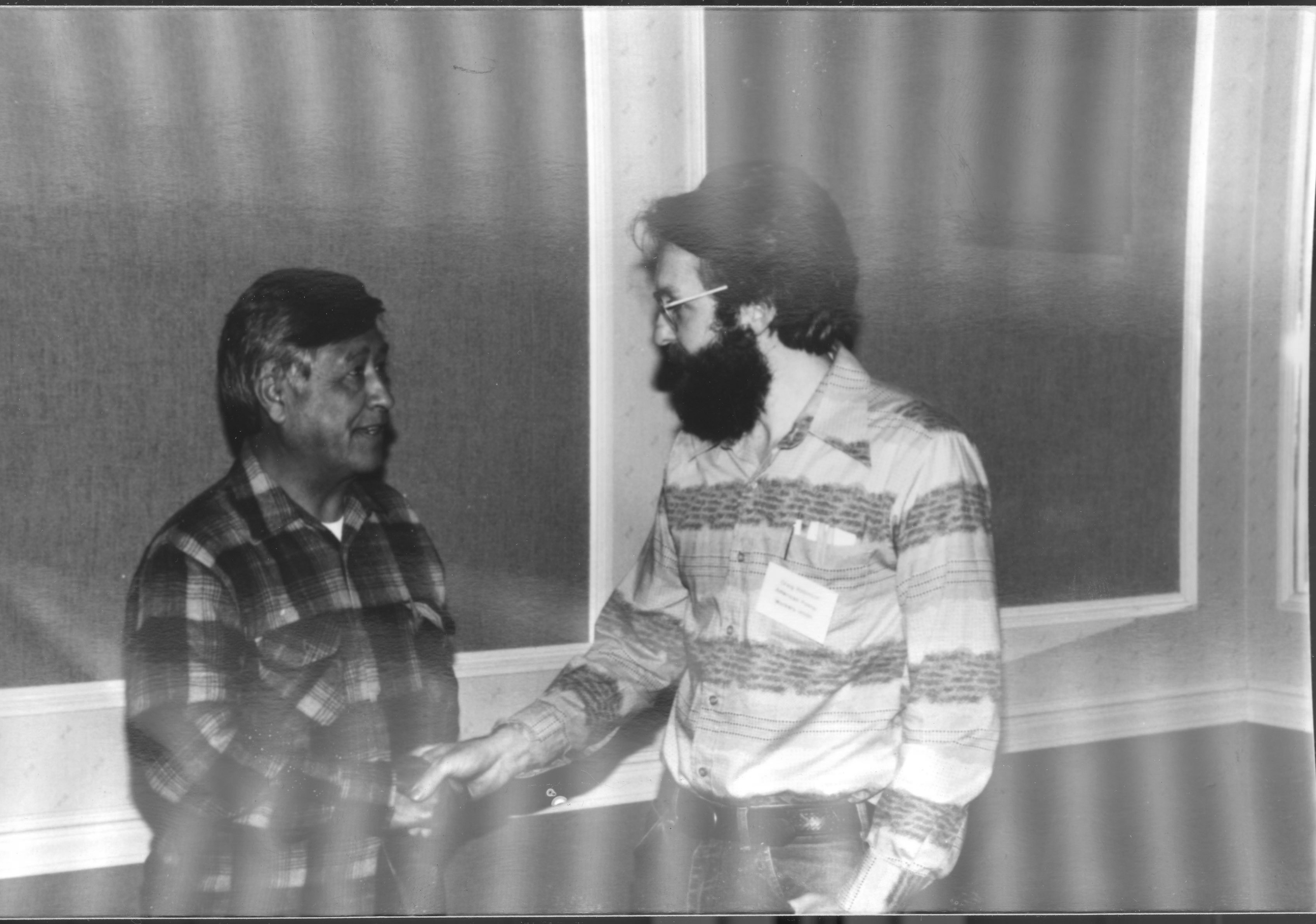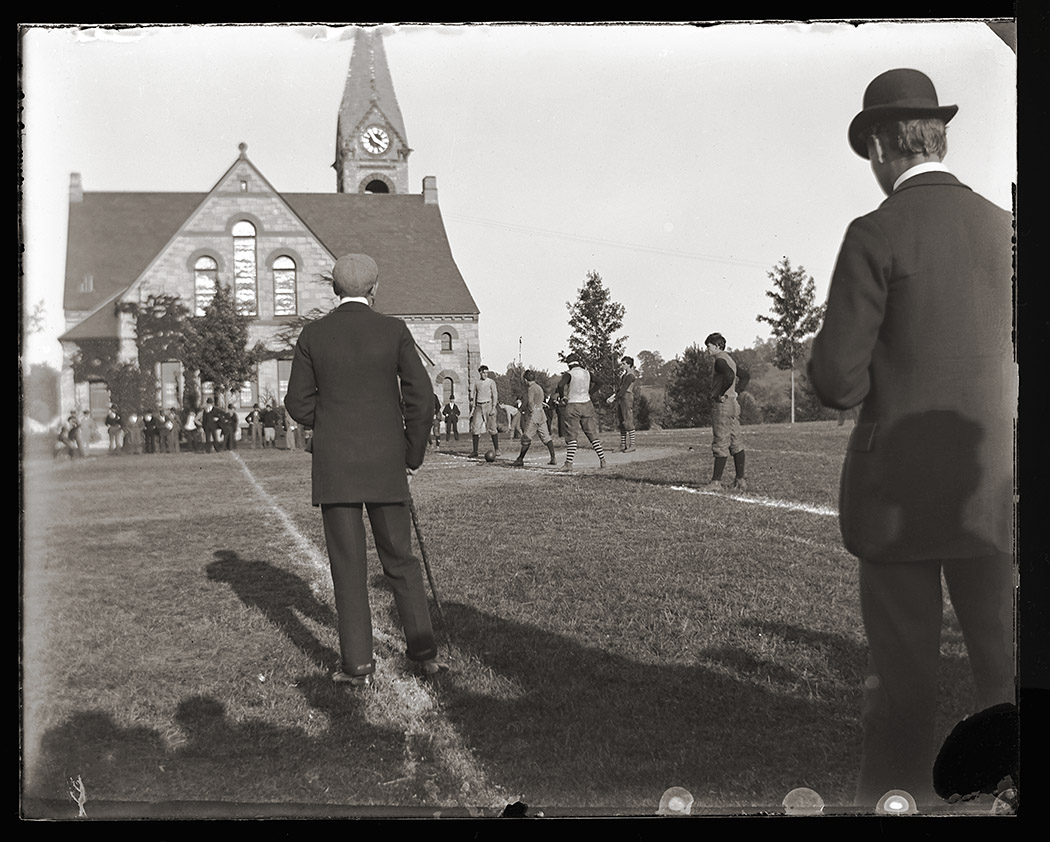Robert B. Moore Collection
An educator and activist for understanding race awareness, racial bias, and racism, Robert B. Moore created white-on-white awareness training as a way to help white educators and other white people confront and understand the white chauvinism and distorted white self-image that American culture conditions and perpetuates. Born on February 18, 1947, in Haverill, Mass., Moore also lived in Bangor, Me., as a child. At UMass, he majored in government, graduating in 1969. He returned to pursue his doctorate in the School of Education and received his Ed.D. in February 1974. Moore’s dissertation, “A rationale, description and analysis of a racism awareness and action training program for white teachers,” formed the basis of his presentation and training program, “The Cultural Perpetuation of the Rightness of Whiteness,” which was used by him and other trainers from 1974 into the early 2000s. Moore worked as a consultant specializing in antiracist behavior and focusing on the impacts—social, economic, political, and more—of racism on both victims and oppressors, and he was also involved in SISA (Sisters in Support of Sisters in South Africa). His work took him all over the U.S. and into Canada and New Zealand. He died in New York in 1991.
The heart of the Moore Collection is a digitally recreated version of his original presentation, encompassing a slide show and a recording of Moore’s voice. Also included are a draft transcript of the presentation, some documentation of Moore’s life and work, and an appreciation by his colleague and friend Jim Edler. Moore’s and Edler’s dissertations are available in the Libraries’ ScholarWorks digital repository.


